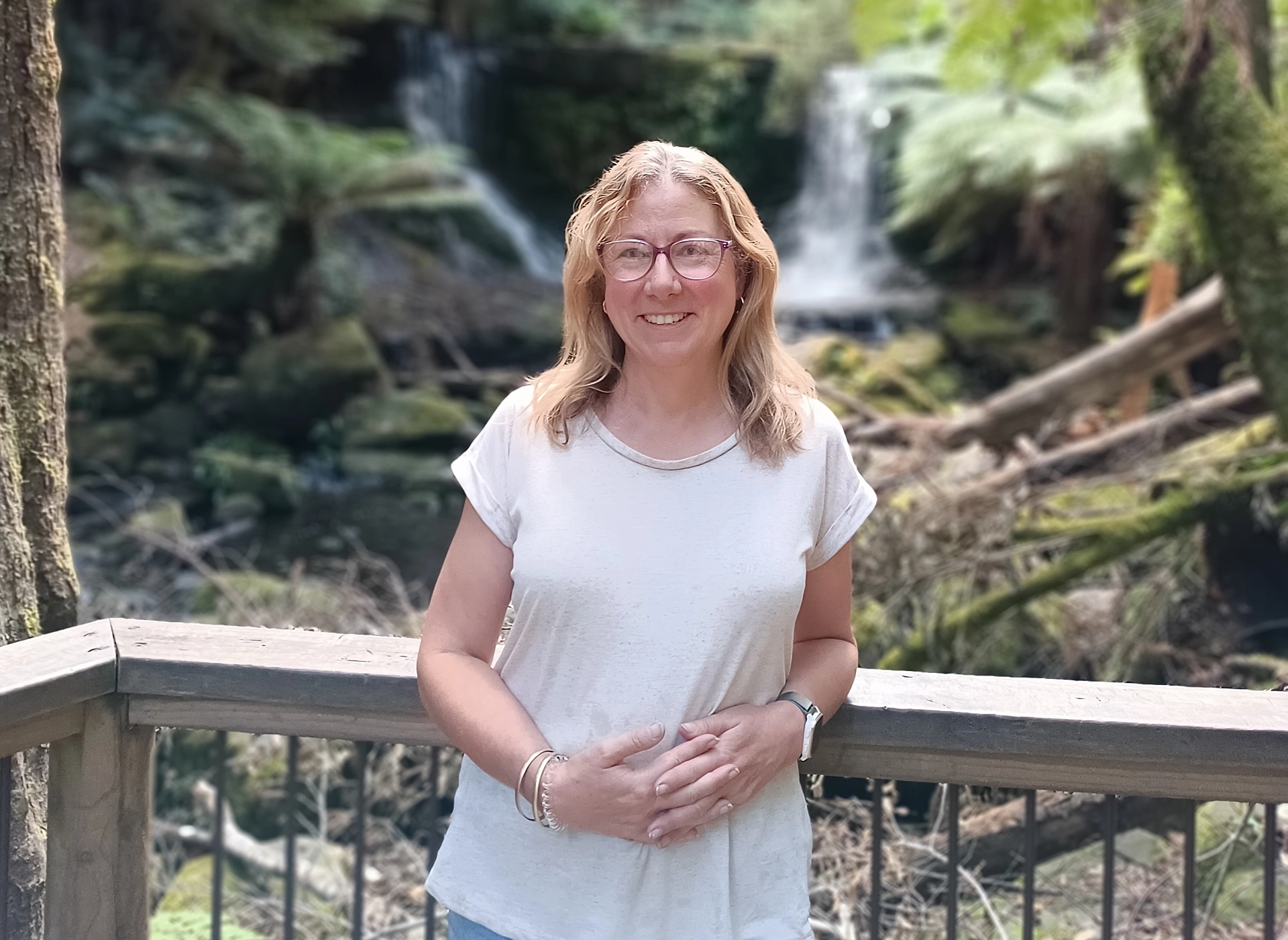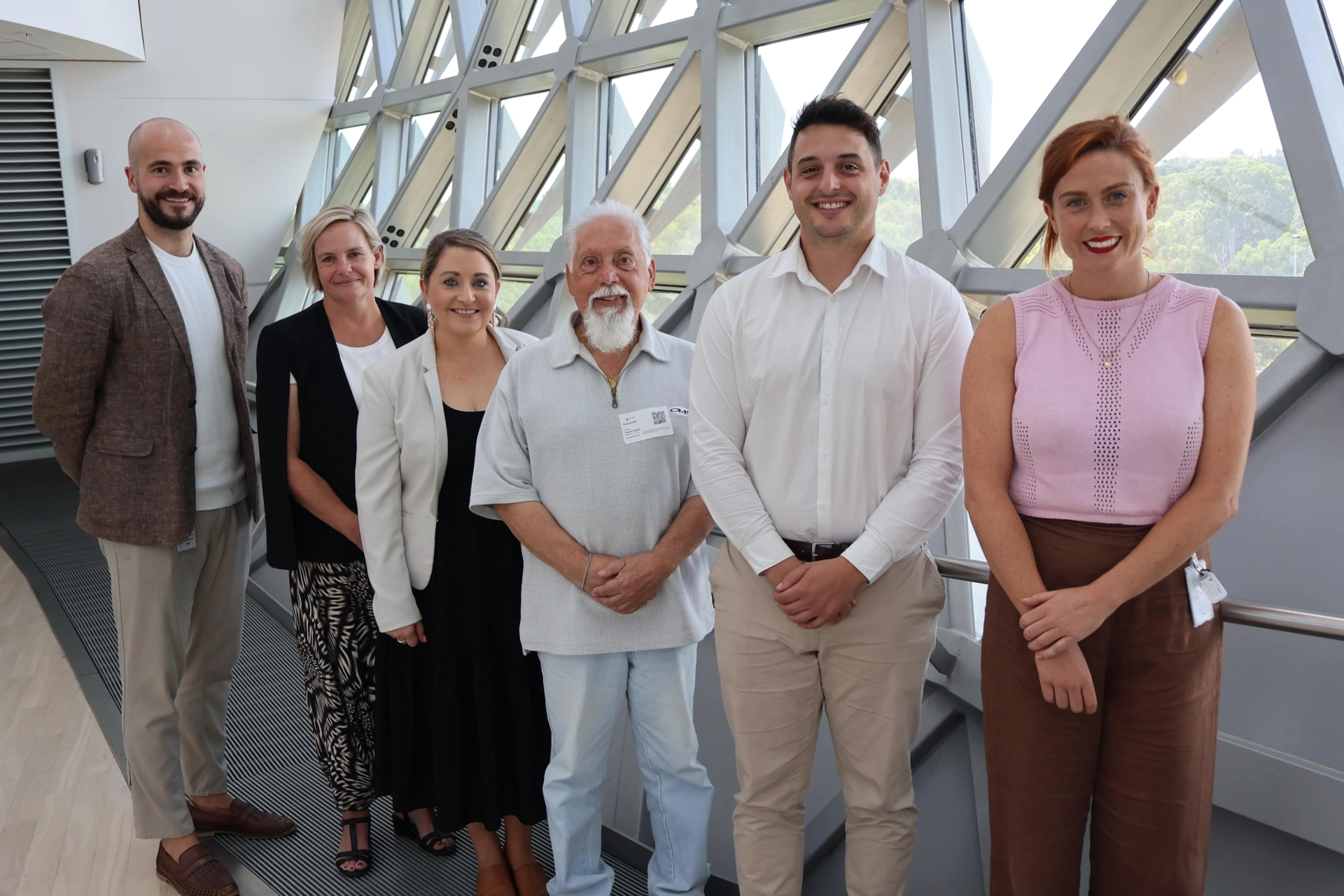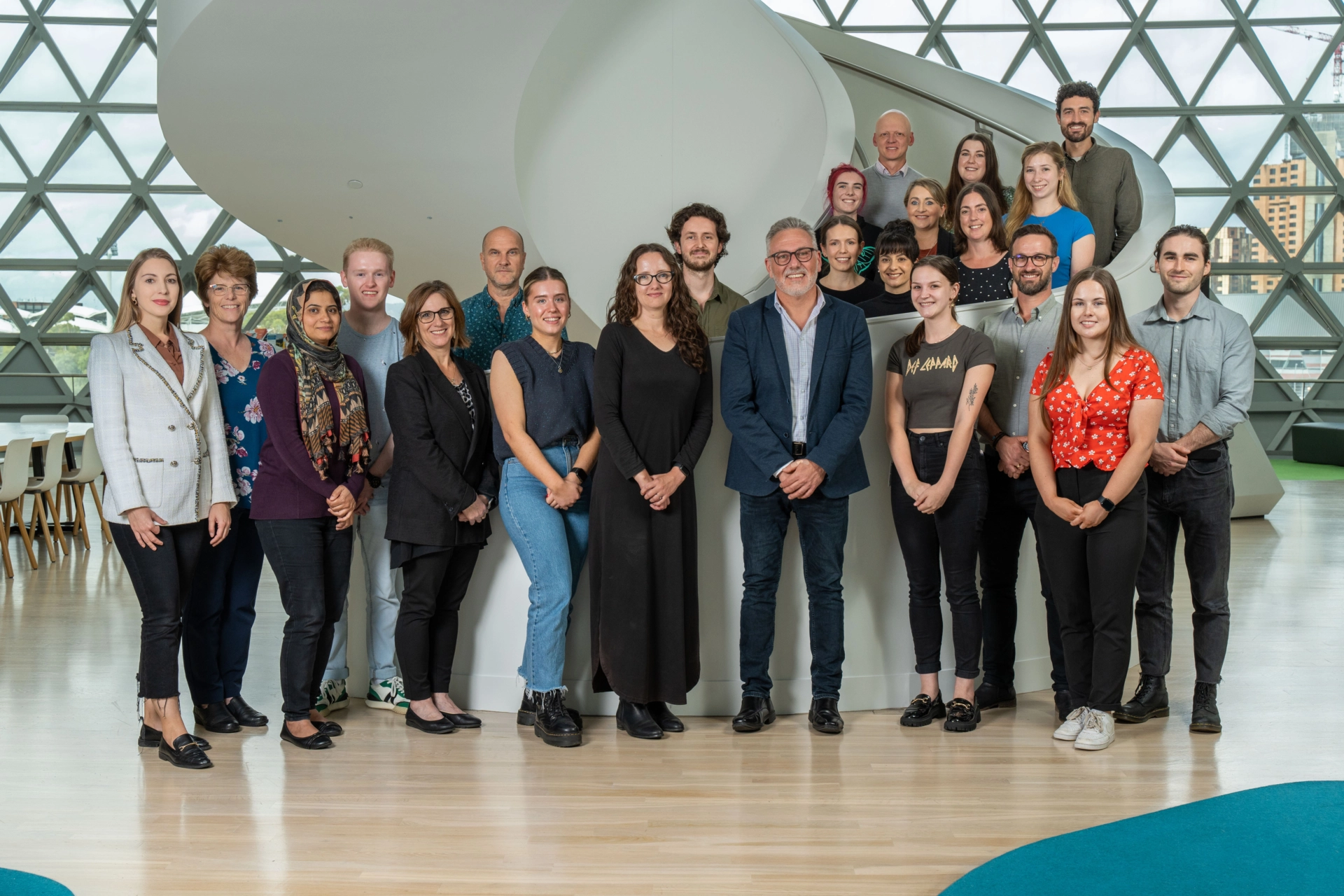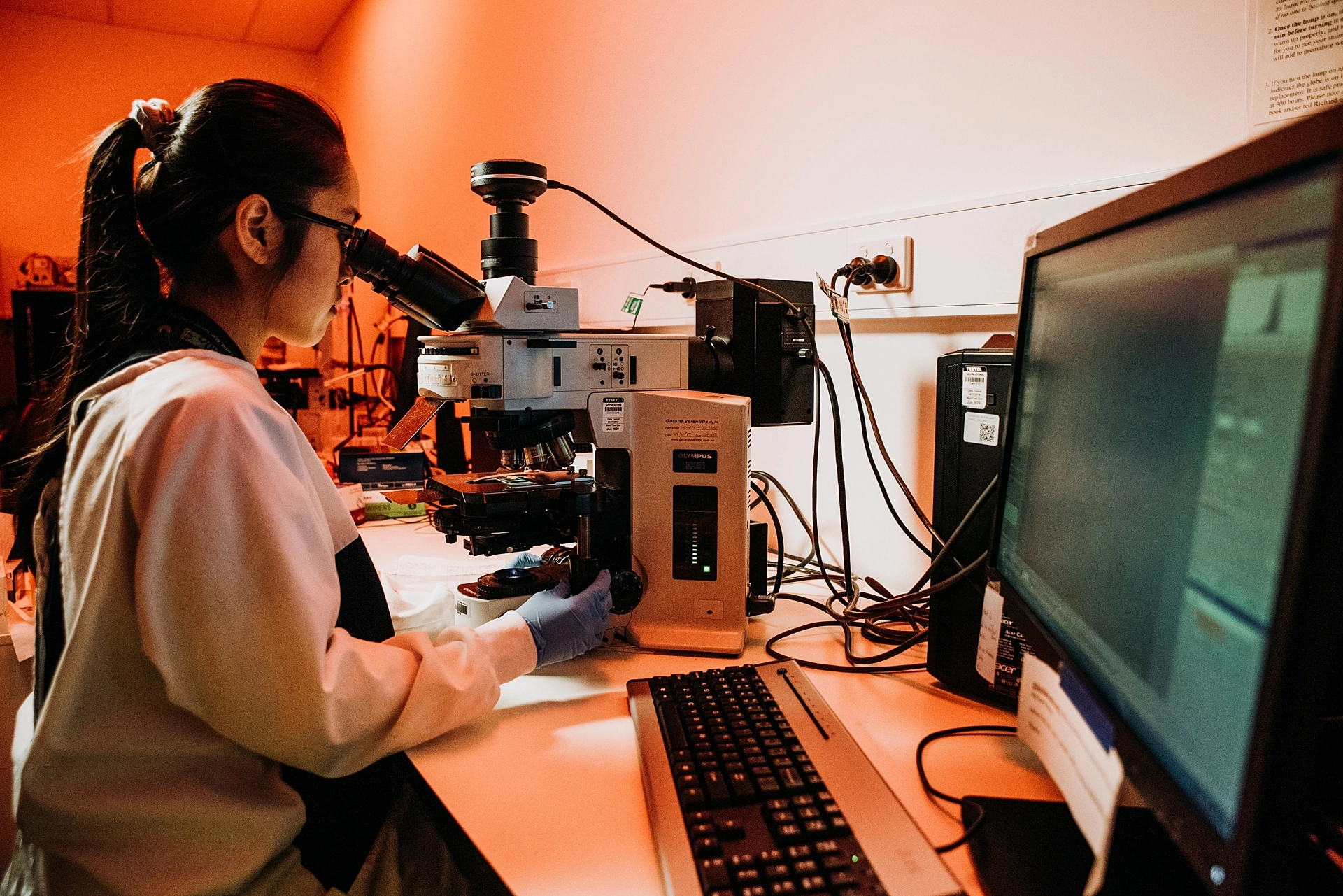Michelle was 48 when she first heard the words “multiple myeloma”. It wasn’t a diagnosis she expected—her doctor didn’t even think it was a possibility.
“My GP told me I was too young, too fit, and that myeloma was an ‘old man’s cancer.’ But that wasn’t true then, and it’s certainly not true now,” Michelle said.
Eight years on, Michelle knows firsthand how life-changing myeloma can be. The incurable blood cancer is the second most common of its kind and demands lifelong treatment, which often comes with devastating physical, mental and emotional costs. The disease and the therapy used to treat it can leave people living with myeloma exhausted, in pain, and anxious about the future, yet support services remain limited.
“We need to be treated as whole people—not just as people living with cancer,” she said.
Now, a new research survey is giving people with myeloma, smouldering myeloma (SMM), and monoclonal gammopathy of undetermined significance (MGUS) the chance to share their experiences, with the goal of shaping better support and care in the future.
Led by Psychologist and PhD candidate Natalie Tuckey, the study seeks to understand the unique struggles faced by those living with myeloma and their loved ones.
“We know people living with myeloma experience extreme fatigue, chronic pain, and significant mental health challenges like anxiety and depression. But despite this reality, we still don’t have enough tailored support to help them manage their daily lives,” Tuckey said.
“This survey will help us identify the biggest gaps so we can improve care in a way that truly meets people’s needs.”
For Michelle, it’s not just about challenges of enduring acute treatment, it’s about the comprehensive toll myeloma takes on every aspect of life, even in remission.
“When you’re first diagnosed, it’s terrifying. You have no idea what’s coming next. Your whole world turns upside down overnight,” she said.
Before her diagnosis, Michelle was juggling a busy life as a quality manager in the health sector, co-running a family business with her husband, raising two children, one still in school, and volunteering as a specialist trainer and assessor with the Country Fire Service (CFS).
“All of that changed in an instant,” she said.
While her employer was understanding, and she was able to continue working part-time, the adjustments were enormous.
“I had to step back from so much. The business, the volunteering, even just being there for my kids the way I used to be—it all suffered. If my husband was away with the business, my eldest had to take on a carer’s role, driving their younger sibling to school and activities, doing the shopping, even missing out on social events because they were afraid of bringing an illness home to me. My youngest didn’t want to go to school at all during COVID because of the fear of infecting me.”
Michelle also had to step away from her active roles in the fire service, something that had been a major part of her identity for 30 years.
“I loved being on the front line, but I had to stop. The cancer, the treatment—it made it impossible. It was a hard thing to give up.”
But it’s not just the physical toll that weighs on Michelle—it’s the emotional rollercoaster that comes with living in constant uncertainty.
“I thought once I got through the initial treatment, the overwhelming sadness would go away. But it comes back, again and again, at the most unexpected times,” she said.
For many living with myeloma, the fear of relapse—often called ‘scanxiety’—is all-consuming.
“Every month, for the week between my blood test and getting my results, the anxiety was through the roof. Was this the month the cancer was coming back? I barely slept,” Michelle said.
Ironically, she found some relief once she did relapse.
“Once it happened, at least I had something to focus on—fighting it again. Now I’m in complete response, and while I know I’ll relapse again one day, it doesn’t keep me awake at night anymore.”
Despite everything, Michelle remains determined to live her life on her terms.
“I try to remind myself—myeloma doesn’t have me. I have myeloma. But cancer is a rollercoaster, with high highs and very low lows,” she said.
“The steroids that come with most treatments don’t help. We call them ‘Devil Dex’ because of how they mess with your mood. The lows hit harder, and they seem to last longer the more time passes.”
Michelle is passionate about improving the way myeloma is treated—not just medically, but holistically.
“When you’re diagnosed, you get a haematologist, and they’re amazing, but they’re so busy. You only have 10 to 15 minutes with them each appointment, and that’s barely enough time to talk about your immediate medical concerns, let alone everything else you’re going through,” she said.
She envisions a future where people living with myeloma receive comprehensive support from the start.
“We need a whole team—a psychologist to help with mental health, a physiotherapist or exercise physiologist to keep us moving. Some people might not use all of those services right away, but at least they’d know where to go when they’re ready,” she said.
Tuckey says this survey is a crucial step towards better support for people living with myeloma and their families.
“People like Michelle have had to figure out so much on their own. It shouldn’t be that way,” she said.
“By sharing their experiences, people living with myeloma can help us build a future where mental and physical health are treated as just as important as the cancer itself.”
Michelle encourages others to take part in the survey, not just for themselves, but for those who will face myeloma in the future.
“I’ve had to search to find the support I needed, but it shouldn’t be so hard. This is our chance to speak up, to make sure that the next person diagnosed doesn’t have to struggle the way so many of us have.”
“We don’t just live once. We only die once. Until that day comes, we need to live every single day the best we can.”




